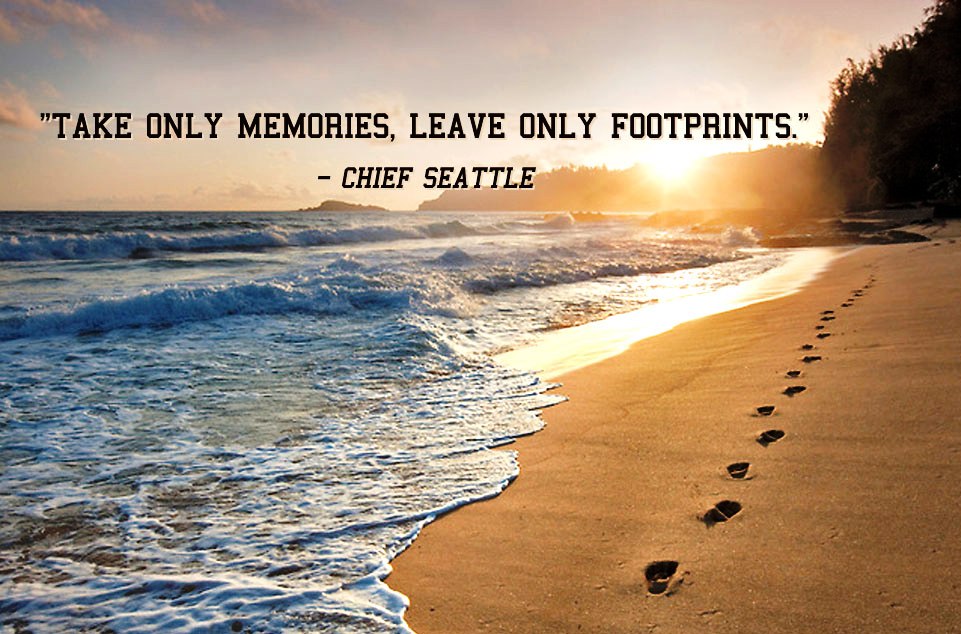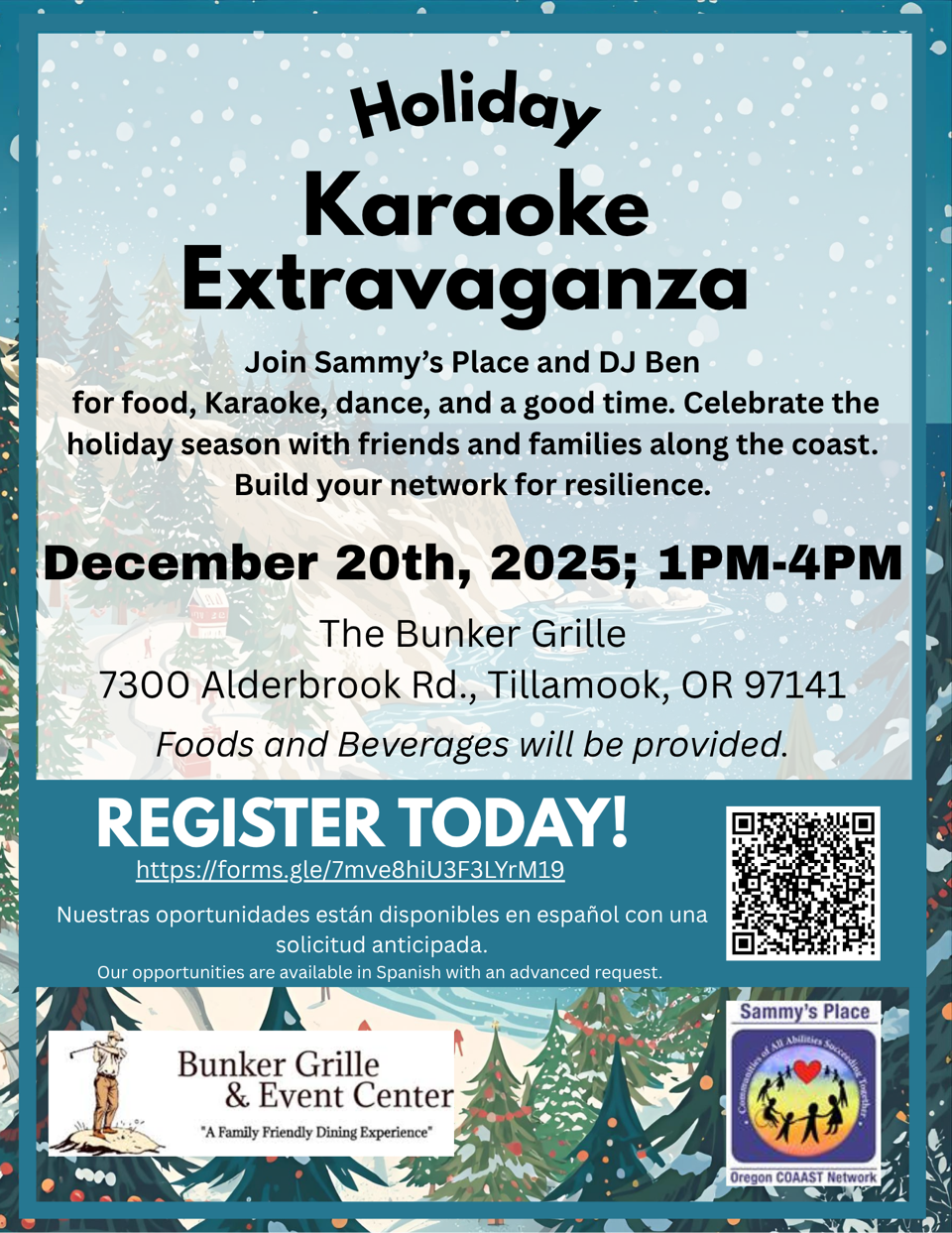By Victoria Stoppiello
Even with tourist season almost over, I still lose my patience with the behavior of some of our visitors. I wish we could have a more mutually beneficial relationship. Of course, tourists benefit some local denizens very directly, but for others the benefits of tourism are trickle-down, or at worst, no benefit at all.
I’ve lived on the Northwest coast for more than 30 years, and one of my favorite maxims is that a tourist is a person who drives 15 miles over the speed limit in town and 15 miles under on the highway. I’ve lived in communities so small they have nary a stoplight, places where kids, dogs, and old folks wander the streets on foot without fear of being a vehicular statistic—except during tourist season when urbanites (there’s my first slur) bomb down side streets in search of their beach cottage, taking little heed that there are no sidewalks and all foot traffic must share the same pavement.
Out on the road, the opposite is true. Rubber-necking tourists, often in motor homes, hold up a string of cars, while they putz along well below the limit, seemingly unconscious of the delivery trucks and commuters trying to get somewhere on time. It’s a good thing to remember that one person’s scenic highway is someone else’s commuter route, especially on the coast where Hwy. 101 is the only link between jobs, county seats, and community colleges. Please check your rear view mirror periodically and pull aside so speedier traffic can get on with it.
I’ve also heard a lot of complaints about tourist attitudes. Restaurant servers tell war stories about imperious diners, who seem to believe theirs is the only meal being served in the place, pointing to a coffee cup with an arrogant nod. A visitor upbraided a grocery store clerk because the store didn’t have a public restroom. (By the way, to have an official public restroom, there must be a women’s, a men’s, disabled accessibility, as well as a baby changing table.)
Rude people are a minority, but just one can be the last straw on a jam-packed day in a small business. Please remember you’re on vacation, taking a break from your normal routine. You came here to slow down, relax, experience something different—so do that: slow down. If little beach towns were the city, there’d be no point in coming here, would there? Or would you like Manhattan Island with a beach?
Another local prejudice is that tourists are responsible for all the litter on the beach. Luckily Tillamook County doesn’t have a lot of fast food places which in other places exacerbate the situation. On the Long Beach Peninsula there were some business owners who seemed to say, “Let them trash the beach as long as they leave money in the till” until a few years ago, when literally tons of trash were removed by volunteers.
While some believe tourism is a non-extractive industry because visitors don’t eat the scenery or haul it away—too many visitors, or too many thoughtless ones, can degrade the scenery to a point where it no longer can be the goose that lays the golden egg. Local people as well as visitors: Be conscientious with your potential litter; go a bit further and pick up after our less thoughtful friends.
Now that I’ve unloaded my curmudgeonly thoughts, here’s a bit of helpful information I routinely dispensed when welcoming visitors as a B&B host on the Oregon and Washington coasts:
How to predict the weather — On the coast, precipitation always comes on southeast, south, and southwest winds, in that order. When the wind is from the southeast, wet weather is headed our way. It may be a shower or a day-long inundation, depending on the time of year. When the wind turns west, however, a clearing trend is in the making, again varying in length depending on the season. If the wind is from the southeast or south, plan a day antiquing or visiting museums and galleries. If the wind is westerly, head for the beaches and hiking trails.
Regarding sun-bathing: First you need sun and that comes usually with a brisk northwest wind, better known as wind chill. Therefore find a bit of lee, a spot with protection on the north. That’s why Short Sands is so popular—it’s relatively protected from the wind. (With a little research, I’m confident any visitor can find that place.)
Finally, if beach walking is your forte, try first thing in the morning. That 20 to 30 mph northwest wind usually doesn’t kick up ’til about 11 AM. Any time before that, you’ll typically find a calm, beautiful period when you can enjoy the beach in shirtsleeves.
Before I get too “romantic” about life at the beach, I must bring up a somber topic: the downsides of a tourism economy. I managed to catch just a blip of information about the negative impacts of tourism in major destinations including Venice and Cinque Terre in Italy. Too many visitors created traffic congestion, degradation of World Heritage sites and natural areas, and unaffordable housing for the people who power the tourist industry—wait staff, grocery clerks, cleaning staff.
The Italian government is developing a program to counteract this trend, by encouraging people to visit less famous and overburdened locations. What are our government agencies doing? Encouraging more tourists. Jurisdictions get lodging tax money, but it is designated by law for promotion of tourism The legislature needs to change the formula. We need money for road repairs, more sheriffs deputies.
You can have an impact on how tourism dollars will be spent by completing Travel Oregon’s on-line survey https://www.tillamookcountypioneer.net/oregon-coast-visitors-assoc-regional-stakeholder-survey-deadline-10-2-500pm/


